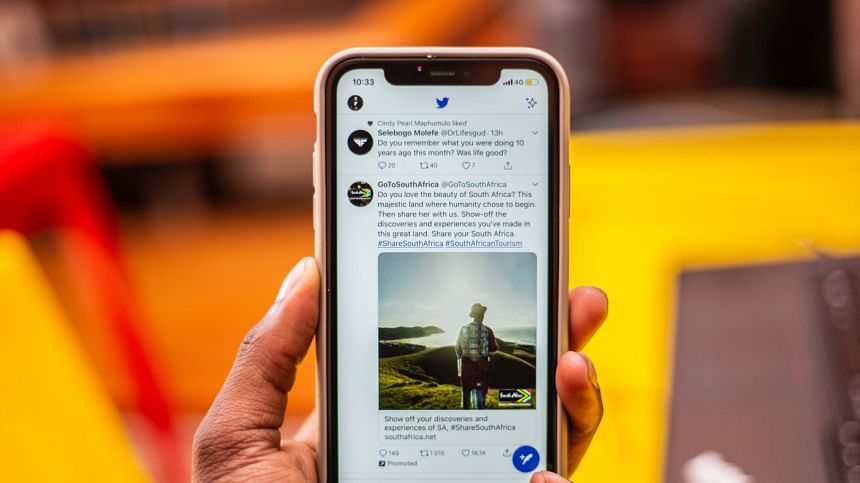What does Twitter's new 'Rate Limit' mean for users?

In a move that has raised concerns and triggered a wave of backlash, Elon Musk's Twitter platform has implemented a temporary limit on the number of tweets users can view each day. The policy, aimed at addressing excessive data scraping and system manipulation, could potentially undermine the social network's efforts to attract advertisers, leading to a search for alternative platforms.
Impact on users
Under the new policy, users are now required to log in to the platform in order to view tweets. Verified accounts are currently permitted to read up to 6,000 posts per day, while unverified accounts are limited to 600 posts. Newly created unverified accounts are further restricted to 300 posts. Once the limit is reached, users are presented with a message stating, "rate limit exceeded".
Elon Musk, the owner of Twitter, has announced plans to increase these limits to 10,000 for verified accounts, 1,000 for unverified accounts, and 500 for new unverified accounts in the near future. These changes have prompted a significant impact on users, who rely on the platform for various purposes.
Reasoning behind the limit
Musk has explained that the implementation of these limits aims to address the widespread issue of data scraping on Twitter. Numerous entities, ranging from AI companies and startups to tech giants, engage in scraping vast amounts of data from the platform, which has become a cause for concern. In a tweet, Musk expressed frustration, stating, "It is rather galling to have to bring large numbers of servers online on an emergency basis just to facilitate some AI startup's outrageous valuation."
User reactions
Many Twitter users have taken to the platform to express their dissatisfaction with the new limits, resulting in hashtags such as "#TwitterDown" and "RIP Twitter" trending in recent days. The restrictions have particularly affected accounts run by informational agencies, journalists, and monitoring services, as their daily routines involve reviewing thousands of tweets. The National Weather Service, for instance, expressed concerns about its ability to receive tweeted reports of severe weather and associated damage, urging subscribers to use its office telephone numbers as an alternative means of communication.
Exploring alternatives
The introduction of these limits has sparked a surge in interest and activity on alternative platforms that operate similarly to Twitter. Platforms like Bluesky and Mastodon have witnessed an influx of users, as individuals seek alternatives to navigate the newly imposed restrictions. Bluesky, created by Twitter co-founder Jack Dorsey and currently in the beta phase, reported "record high traffic" on Saturday and temporarily paused new sign-ups. Likewise, Mastodon experienced a significant increase of 110,000 active users on the same day, according to Eugen Rochko, the platform's creator and CEO.
As users continue to grapple with the limitations imposed by Twitter, the search for alternative platforms offering similar features and a more accommodating environment appears to be gaining momentum. Whether this movement will result in a significant shift away from Twitter or prompt the platform to reconsider its approach remains to be seen.

 For all latest news, follow The Daily Star's Google News channel.
For all latest news, follow The Daily Star's Google News channel. 








Comments